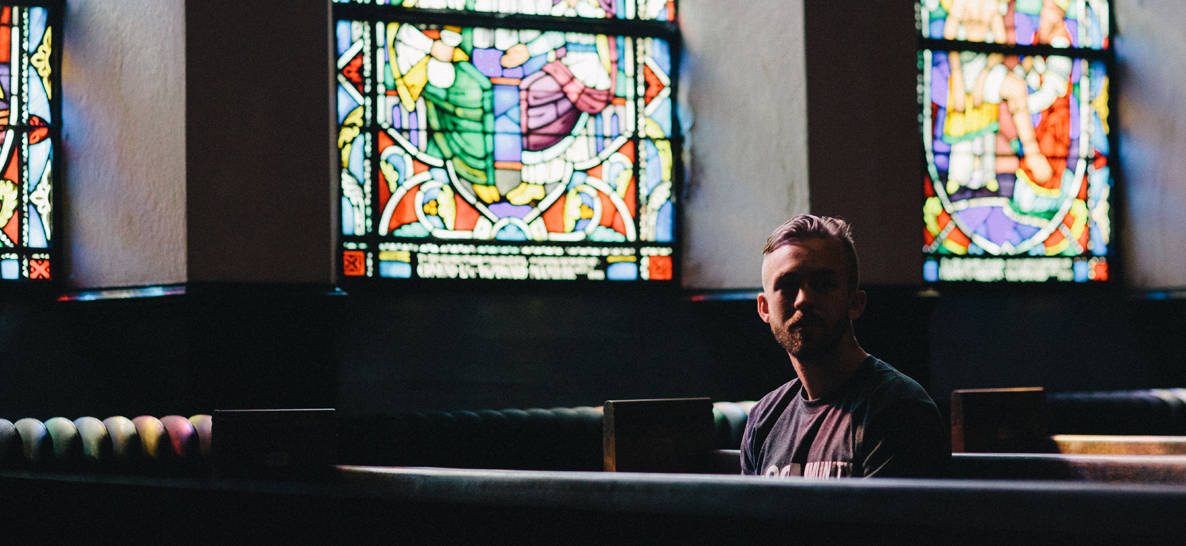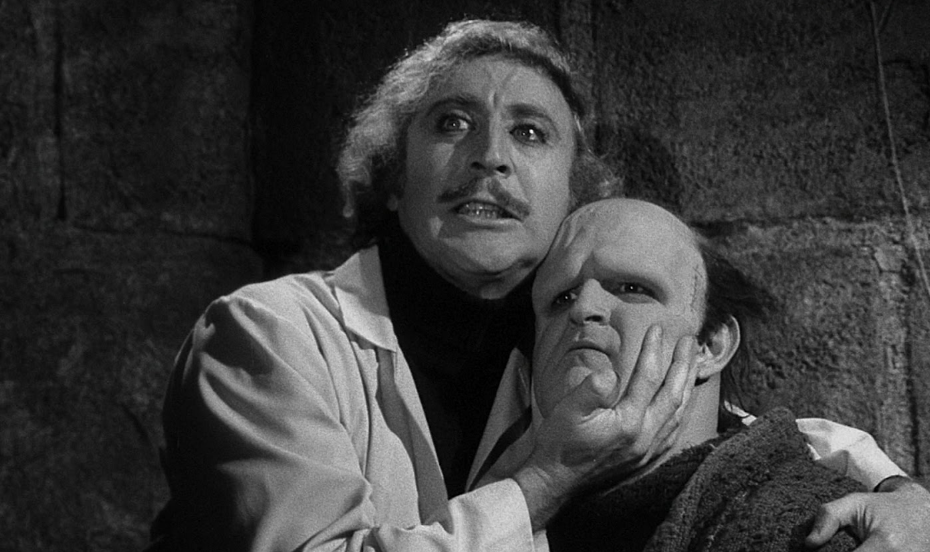
We’ve all heard the phrase, “It’s not what you know, it’s who you know.” And if you don’t think it’s true, just try getting a new job in a new industry. It’s frustrating, right?
We think we can know all about a subject or topic and that’s great. But when it comes to actually landing the new position or getting that promotion, sometimes the “what” isn’t really enough. It takes knowing the right person at your dream job or getting a good word in with the boss.
I want to take that idea in another direction.
When it comes to our faith, I have found a struggle between the “who” and the “what.” Sometimes, we allow the “what” of our faith to be placed on a pedestal of sorts while we take away the power of “who.”
Let’s admit it, we all have the tendency to place more value on what we believe over who we believe in. That’s a problem. When we do this, a few issues start to appear and they can be very hard to rid our faith of.
1. The ‘What’ Often Polarizes.
If you’re not too sure about that, look around at how many denominations there are. You would have thought that God promised Abraham that there would be as many denominations and sects as there are stars. I have lost count of how many there are and what theological details separate some of them.
In the early church world, Paul and other leaders continually discussed how Jesus was important and things like circumcision and what type of meat people ate weren’t so important. In fact, they were really unimportant in light of what had been done for the church less than 100 years ago.
But what happened? The church started senseless debates over circumcision that got them nowhere. In Romans 4, Paul specifically addresses how Abraham’s righteousness began before circumcision (the “what”).
Apparently, church people haven’t changed much in 2,000 years.
Fill in the blank with any non-essential topic and you have two camps with a heated debate leading to more division and less inclusion. That turns people away who are curious and just want to know who God is.
You see, these people don’t want the useless arguments and debates that force them into choosing a side. They want what everyone wants: a community and community is not possible in the midst of chaos.
We don’t have to align all of our beliefs with someone in order to show love, community and grace.
2. We Find Ourselves Battling a Stagnant Faith.
When we place the “what” on the pedestal, it becomes an idol of sorts. Nothing should be placed above the “who.”
Growing up, what we believed was vital to being called a Christian. Looking back now, think it was probably a little too important.
Don’t misunderstand.
I do think that what you believe and why is very important. The issue comes in when it becomes too important and is treated as the “sacred cow.” At that point, it can start to be dangerous even.
In Out of Sorts, Sarah Bessey says, “If our theology doesn’t shift and change over our lifetimes, then I have to wonder if we’re paying attention.” When I first read that, my reaction was an automatic opposition. Why? I think it’s because of my experience. We were taught that we need to believe A, B and C. Any deviation was wrong, and possibly heretical.
What I have come to find, on the other hand, is that I am happy my beliefs and views on certain issues has changed and that I have experienced growth in many areas by reading, praying, seeking and talking with people in my community. I want to pay attention and I want God to reveal new and different aspects of who he is. When we elevate the “what” too highly, “who” is not given the proper power and placement in our lives. Who becomes a nice idea and What becomes a rigid religion.
We become like the Pharisees—they knew all the “whats” for an empty cause without the “who.”
3. It Creates a Quick Cure Instead of Lifelong Healing.
This past week, I had an opportunity to listen to a message from a professor I had in college. He brought up an idea that he first came across in a book by Rachel Held Evans. In Searching for Sundays, she talks about church being in the healing business as opposed to the curing business.
This struck me as very true because the “who” is more important than the “who” To be in the curing business, we have to rely more on “what.” The message went on to say that looking for a cure is the result of a formulaic or if/then type of faith. The formulaic faith works perfectly if there is only the What. We can take a set of beliefs, doctrine or principles and manipulate them enough to come up with a cure to almost anything. We can arrange them just right to make them work to our advantage.
The only problem with that is the “who” can’t be manipulated into some kind of formula. “Who” breaks molds and transcends our understanding of the “who.” Who brings purpose to the “what.”
It is in the “who” that we find healing; the long-term and holistic healing. There is a thought among some Christian circles that if we just believe a doctrine, then we will be cured from whatever ails us. It’s almost as if they need to hear you say you believe in this or that to be “in”.
This places the “what” in an awkward place of power while undermining the “who” that gives grace to our doubt and unbelief. “What” loses its grip when doubt surfaces; “who” becomes stronger in the weakness of our faith.
This “who” brings us a sort of faith that is grounded and rooted. What can only sustain so much when the formulas don’t add up and when the quick cure doesn’t provide a deeper healing.
Who will bring together all of the “whats” and unify with love, grace and humility. “Who” gives us a simplicity and wholeness. “Who” is the steady and unwavering power when the “what” changes over time and we start to doubt and contemplate or faith.





















